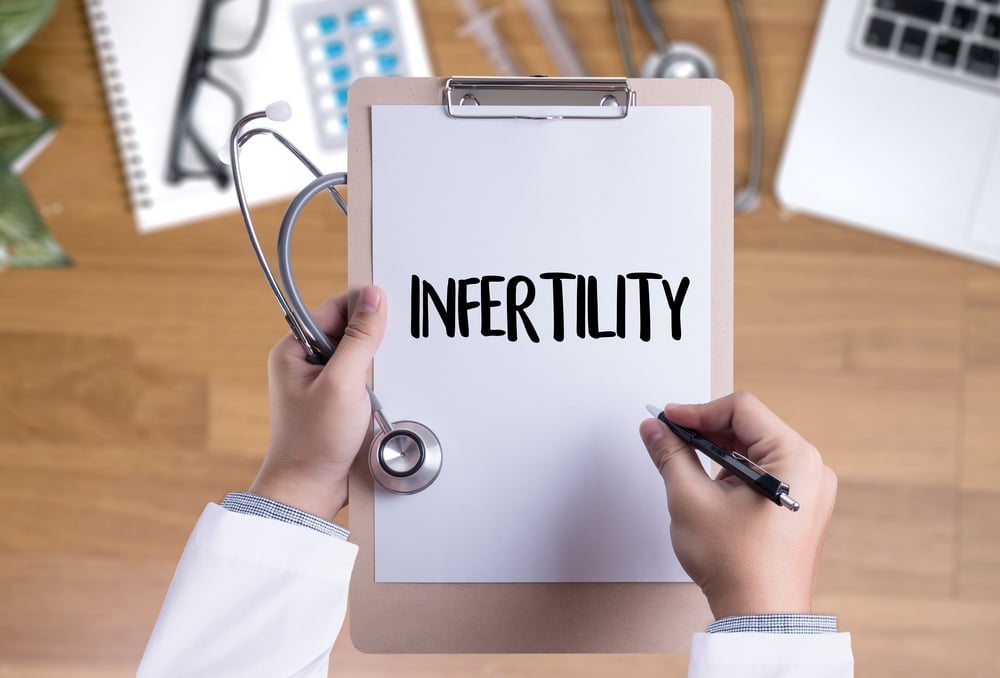Defining Infertility

Infertility is defined as the inability to conceive after 12 months of unprotected intercourse. For women over the age of 35, infertility is considered after six months of trying unsuccessfully to conceive. Women who have had children previously may develop secondary infertility regardless of how quickly or easily they conceived in the past. Infertility can also include women who can get pregnant but experience multiple miscarriages or stillbirths.
Infertility affects approximately 10-15% of couples, making it one of the most common diseases for those between the ages of 20 and 45. The probability that conception will occur in any given menstrual cycle is approximately 20%. So on average, the rate of conception is about 1 in 5 every month. The chances of success are also age-dependent and younger women will likely have better chances than older women. Unfortunately, fertility declines with age and that decline accelerates more quickly with time and fertility potential drops faster after age 35 and even faster after about age 37.
Evaluating Fertility
For patients who are experiencing infertility, a consultation and fertility tests are suggested to identify the obstacles that are preventing successful conception. These simple tests can be performed in a stepwise fashion and will evaluate egg quality, sperm quality, and reproductive anatomy. Once the eggs, tubes, uterus, and sperm testing are complete, a personalized treatment regimen can be created.
Fertility Testing for Women may include:
- History and Physical Exam
- Hormone Blood Tests
- Transvaginal Ultrasound
- Hysterosalpingogram (HSG)
Fertility Testing for Men may include:
- Semen Analysis
- History and Physical Exam
- Hormone Blood Tests
In some cases, additional testing will be needed to further identify the cause of infertility. All evaluations and treatments are individualized to the patient, so the evaluation may be slightly different depending on what is deemed necessary by the physician.
Causes of Infertility
About a third of the time, infertility can be traced to the woman. In another third of cases, it is because of the man. The rest of the time, infertility is left unexplained.
Common Causes of Infertility in Women:
- Egg Quality or Quantity
- Ovulation Problems
- Damaged or Blocked Fallopian Tubes
- Underlying Medical Conditions
Common Causes of Infertility in Men:
- Sperm Quality or Quantity
- Erectile Dysfunction
- Low Testosterone
- Underlying Medical Conditions
Treating the causes of infertility will vary based on prognosis and are tailored to each individual patient or couple. Learn more about the various treatment options at RMA of New York.
